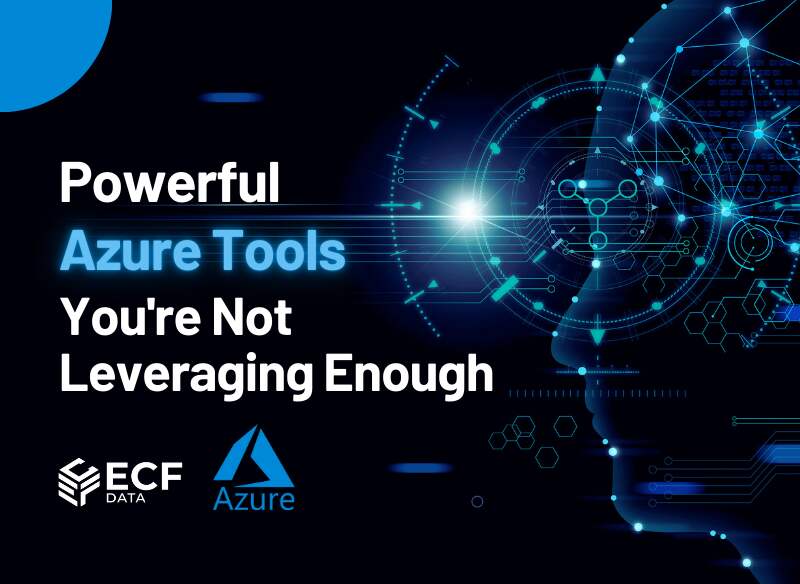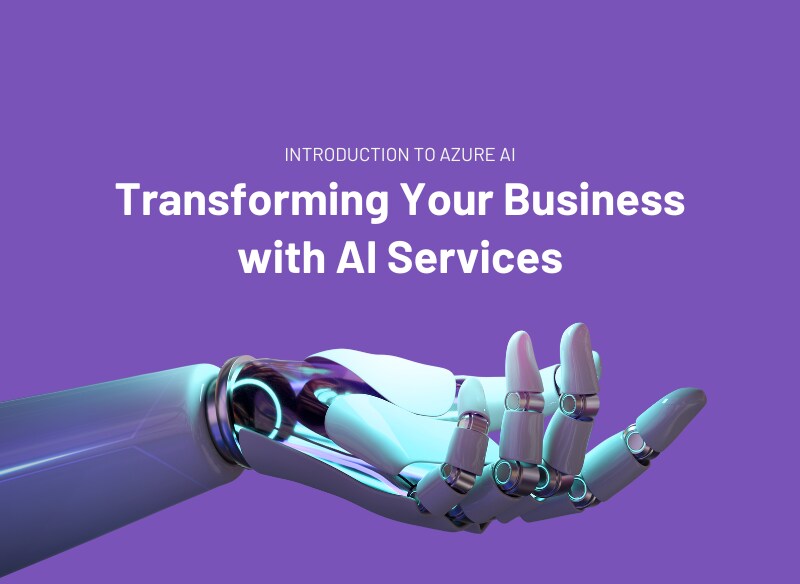
IT Insights: Essential Computing Power for Azure AI
we will delve into the crucial role of computing power in AI development. We’ll spotlight how Azure AI and Azure Compute Services lead the charge.







© 2024 Crivva - Business Promotion. All rights reserved.